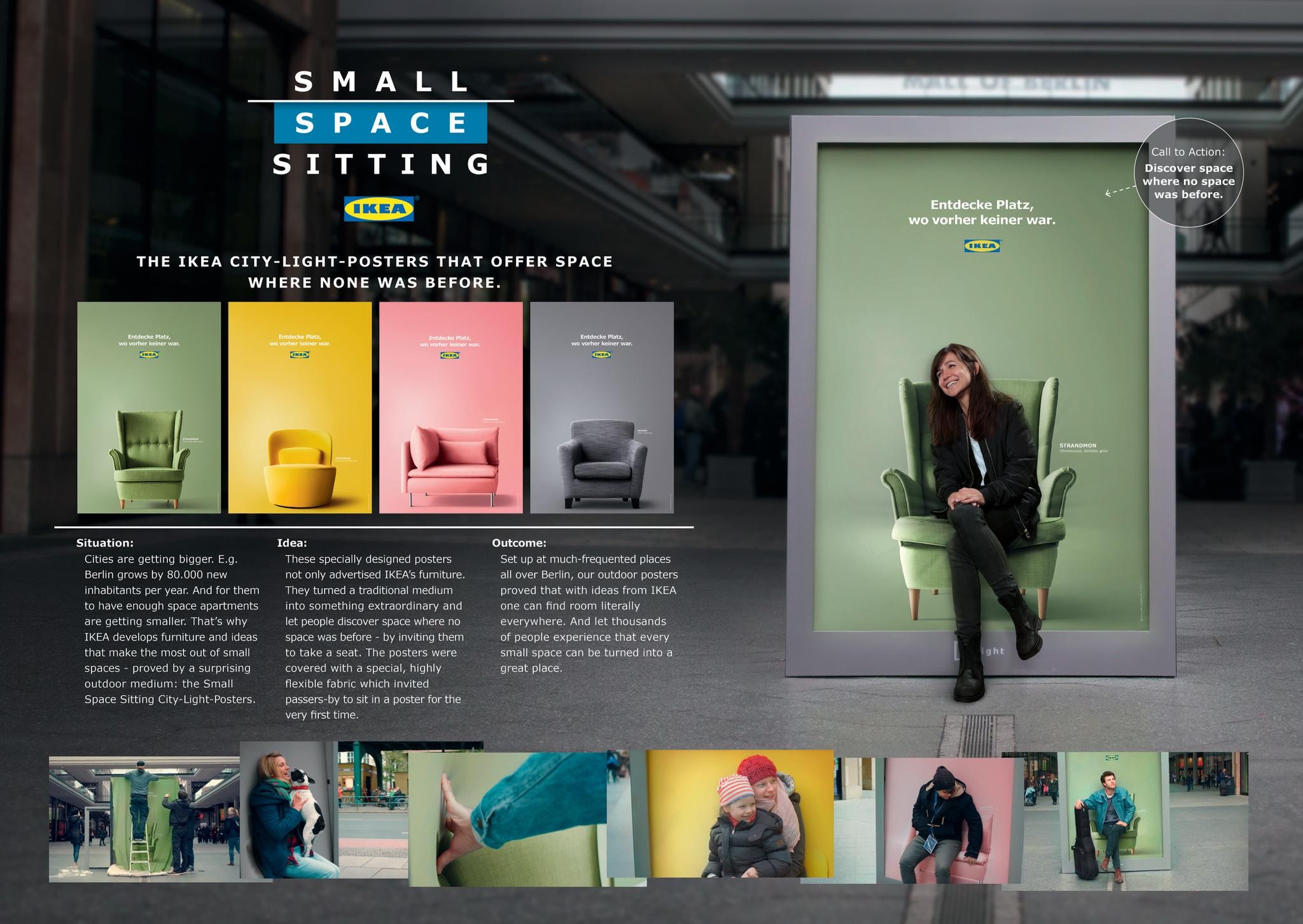Eurobest
Can I Help?
WE ARE SOCIAL, Milan / IKEA / 2021
Awards:

Overview
Entries
Credits
OVERVIEW
Background
IKEA's goal has always been to create the best possible home lifestyle for everyone.
For this reason it has always been committed to the defense of human rights including gender inequality because IKEA believes that home is the first society we interface with, and behaviors and situations we are exposed since childhood can contribute in perpetuating gender inequality phenomenon even outside home.
In fact, every year, IKEA launches a communication campaign on International Women's Day to talk about topics such as gender inequality at home.
What has been identified this year is that 74% of household chores, even today, in Italy, are the responsibility of women. An alarming fact that unfortunately few people know.
Idea
In order to show IKEA's commitment and to raise awareness about gender inequality at home, we analyzed people's behaviors within the home.
In fact, when it comes to cleaning and taking care of the home, men often say the phrase, "Can I help?".
A phrase that seems harmless and polite but that implicitly takes for granted that household chores are someone else's responsibility. A responsibility that, still, is attributed to women in 74% of households.
For this reason, on International Women's Day, IKEA wrote an open letter to Treccani, the most important dictionary in Italy, to change the definition of the expression “Can I help?” within home and to reflect on gender inequality at home in a public space like social media, where people could also participate and start a debate on the topic.
Strategy
The insight that guided us during the creation of the campaign is that "Can I Help?" is one of the most common and wrong phrases said at home when it comes to household chores.
Through this campaign IKEA wanted to declare that "the first step in eliminating the gender gap phenomenon must be done at home" pointing out why that phrase contributes to the gender gap at home.
The campaign mainly lived on IKEA's social channels, through an open social letter to Treccani and on Treccani's channels, where the Italian dictionary answered our letter.
Moreover, the initiative has sparked a debate on other channels: a series of influencers, KOLs, newspapers and media intercepted the campaign and gave their opinion on the subject, turning the campaign into a real national and international news.
Execution
In order to get as much media coverage as possible, the open letter to Treccani, was posted and "sent" through Facebook and Instagram.
In this way anyone, users and media, had the opportunity to read, interact and report the IKEA's message in the newspapers.
In addition, Treccani's response, which arrived punctually during the day, was another moment to let the community discuss about the campaign.
Following the release of the letter, IKEA also published a series of "provocative" multi-subject posts. In these contents in fact we invited men not to help women at home, underlining once again how "help" is not the correct verb to use if you want to fight gender inequality at home.
Outcome
On International Women's Day, IKEA's campaign was the most discussed one in Italy.
Moreover, combining the brand's content with the media and newspaper coverage, 1 out of 4 people in Italy saw our message.
The campaign also generated a media value of more than 7 million euros in organic reach and the social content related to International Women's Day generated an engagement rate 1114% higher than the average brand post.
Similar Campaigns
12 items








